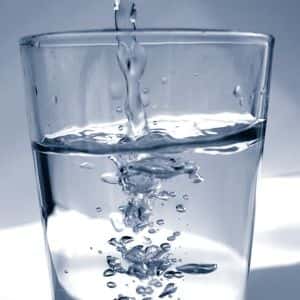
Tune in to our radio show on your local public radio station, or sign up for the podcast and listen at your leisure. Here’s what it’s about:
How safe is our drinking water? Where does it come from? Over the centuries, people have had to go to great lengths to find clean water.
Nowadays, we rarely pay much attention to the infrastructure of water, but perhaps we should. In some places, wells offer a terrible choice between a long walk or slow poisoning. And in this country, our water supply infrastructure has been out of sight, out of mind for a very long time.
Although the chlorination of municipal water supplies was a huge advance at the turn of the 20th century, now we take it for granted and worry about the downsides of chlorine for our health. Should you be filtering your home tap water?
At the end of the 20th century, water that had been free from the tap or a public fountain was replaced by bottled water with a great cool factor. How did we all decide we needed to buy our water in bottles? Is it really better?
What about fracking: should we be concerned about whether it will negatively affect our drinking water supply? Is our water supply vulnerable to terrorism?
Guest: James Salzman is the Samuel Fox Mordecai Professor of Law at the School of Law and the Nicholas Institute Professor of Environmental Policy at the Nicholas School of the Environment at Duke University. His book is Drinking Water: A History.
The podcast of this program will be available the Monday after the broadcast date. The show can be streamed online from this site and podcasts can be downloaded for free for four weeks after the date of broadcast. After that time has passed, digital downloads are available for $2.99. CDs may be purchased at any time after broadcast for $9.99.

